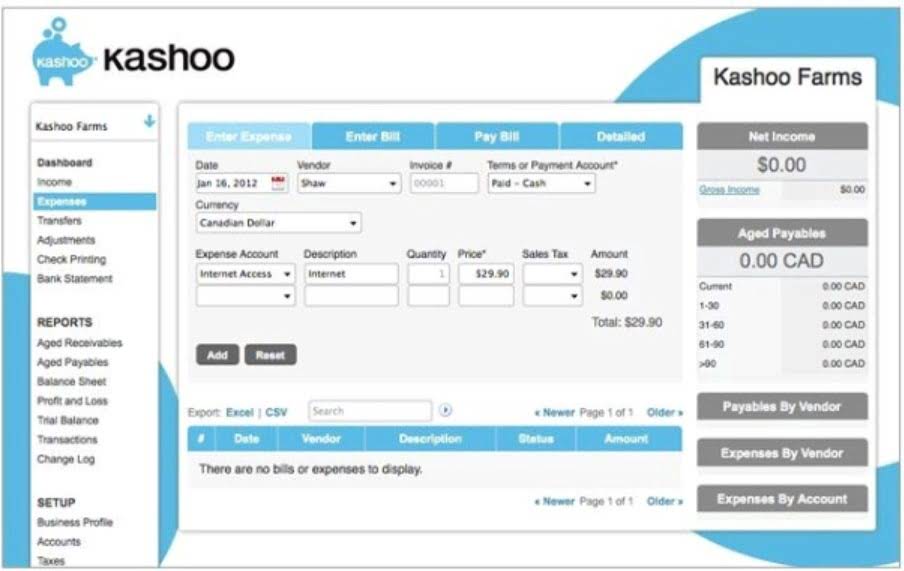
Therefore, the organization you work for is also a significant factor influencing your salary as an Enrolled Agent. Because banks are government-regulated and must follow strict tax compliance, they also provide Enrolled Agent career opportunities. If hired by a bank, you would facilitate its tax processes, compliance, and reporting. Each of these areas offer upsides and downsides, and different firms within each area may offer different opportunities. You may find a bank that offers a great salary and flexible schedule, it’s just a matter of looking at your options.
Estate and Trust Tax Specialist
- As businesses expand internationally, your knowledge of U.S. tax laws will remain in high demand.
- The IRS does not have education requirements in place, so you don’t need a college degree or formal secondary education to earn your Enrolled Agent credential.
- Earning an EA certification opens the door to high-paying global financial accounting jobs.
- Additionally, given the complexity of tax laws, finding candidates with the necessary knowledge and experience can be difficult.
- Yet, the Enrolled Agent Salary might differ significantly based on experience, geography, and other variables.
However, they do not require the permission of the state board or any license from them to operate. Enrolled agents, like attorneys and certified public accountants (CPAs), have unlimited practice rights. This means they are unrestricted as to which taxpayers they can represent, what types of tax matters they can handle, and which IRS offices they can represent clients before. Learn more about enrolled agents in https://www.bookstime.com/ Treasury Department Circular 230 PDF. The IRS recommends using a tax preparer that is a member of a professional organization that offers continuing education and other resources, and holds members to a code of ethics. NAEA goes beyond the IRS’s recommendations by requiring members to fulfill continuing education requirements that exceed the IRS’s required minimum.

US Tax & Accounting Specialist
The primary requirement to become an Enrolled Agent is to pass the Special Enrollment Examination (SEE) or have relevant experience with the Internal Revenue Service (IRS). An Enrolled Agent typically earns an average salary of $54,000 (USD) per year. No, many EAs work remotely for U.S. clients or firms from countries like India, UAE, and Canada. Discussed below are the primary differences between EAs and CPAs, which should provide a better understanding of which professional is most suitable for the work required. NAEA has joined forces with Surgent Accounting & Financial Education to provide aspiring EAs with a best-in-class exam prep solution that’s customizable to your level of comprehension. Please be aware, the privacy policy enrolled agent salary may differ on the third-party website.
MENA Tax ACR-STAT-Advanced Analyst

In India, you can enrol in the best EA review course from NorthStar Academy if you’re preparing for the enrolled agent exam. EA must normally have at least five years of expertise in tax advising, planning, cash flow and training to be considered for high-level roles. EAs in senior roles are expected to handle significantly more responsibility, which translates into the possibility of earning a better Enrolled Agent salary. Additionally, given the complexity of tax laws, finding candidates with the necessary knowledge and experience can be difficult.
Staff Accountant (Bengaluru)
Having your own business allows you to specialize in particular niches and areas of interest, like working with high-net worth individuals or real estate agents and companies. An EA license will allow you to represent, counsel, and handle tax matters for your clients, whether you work with corporations or individual clients. To gain better insight into what being an EA entails, please read the subsequent segment to shed light on the duties and expectations of EA jobs.

